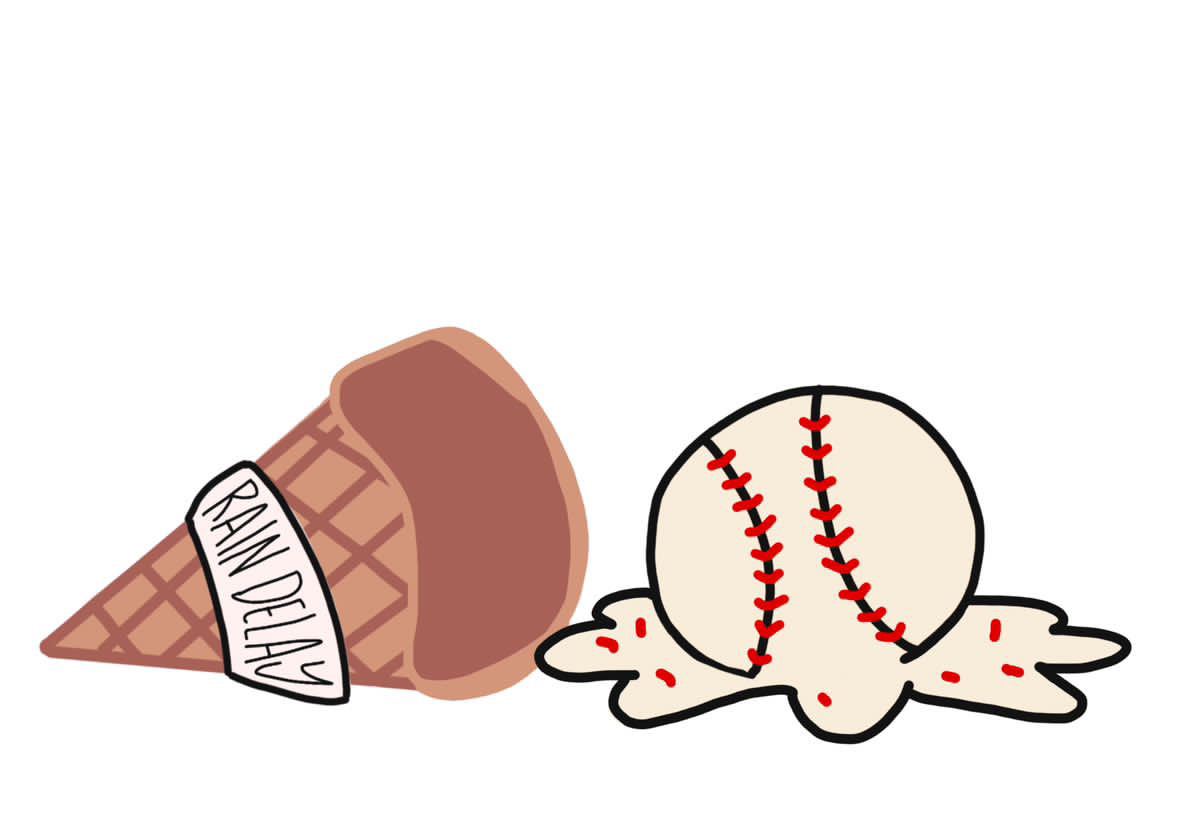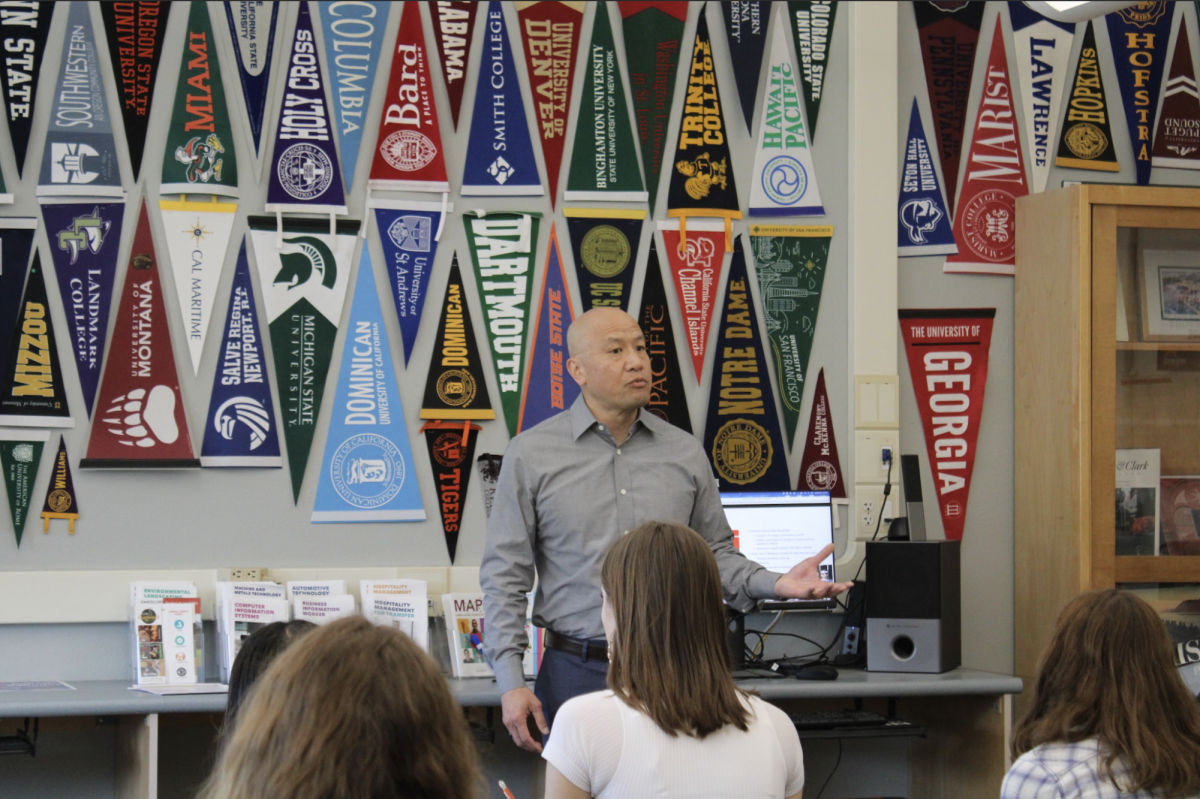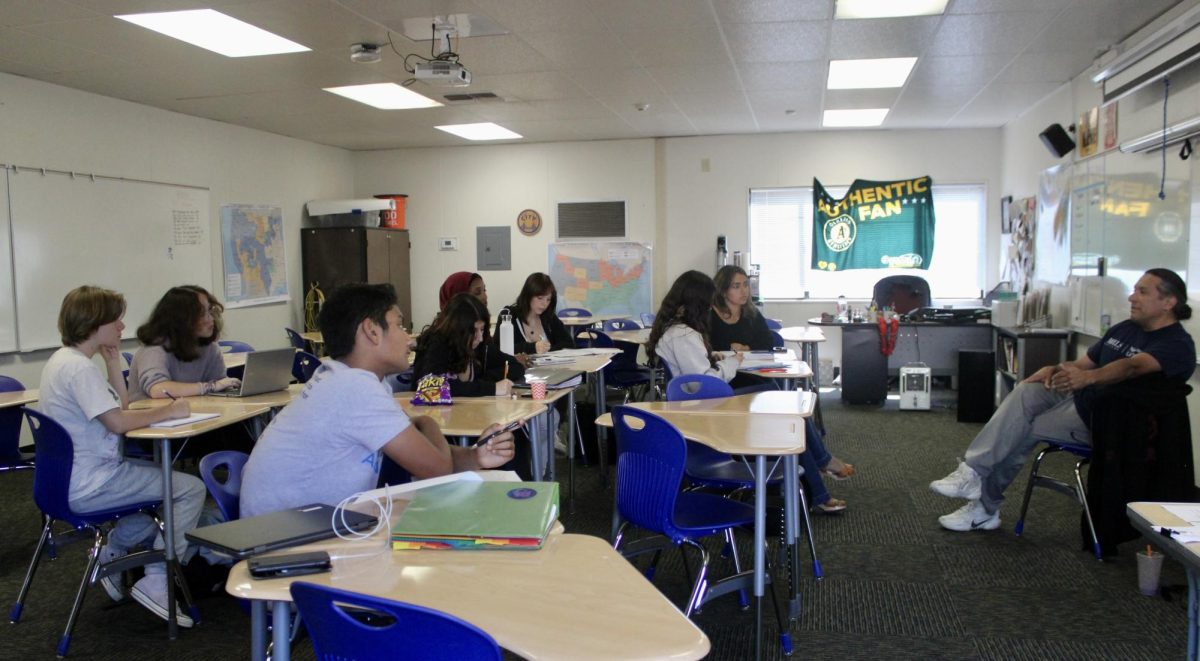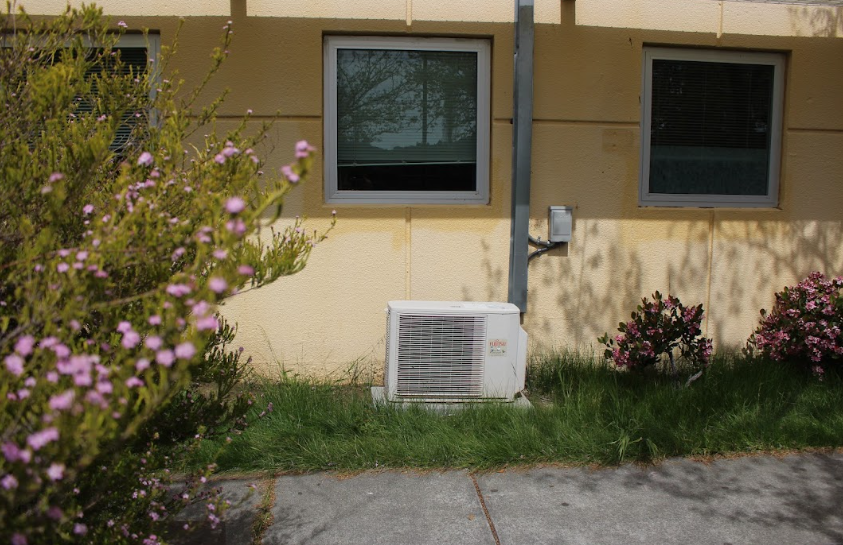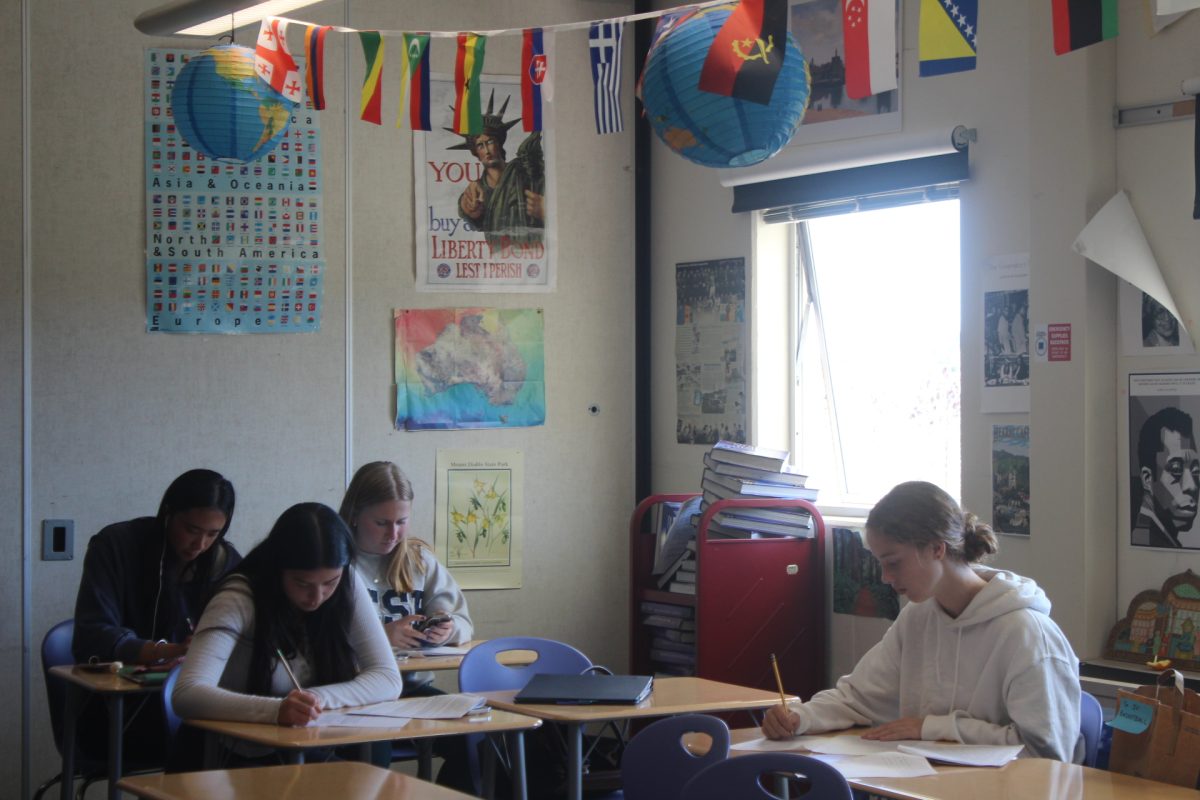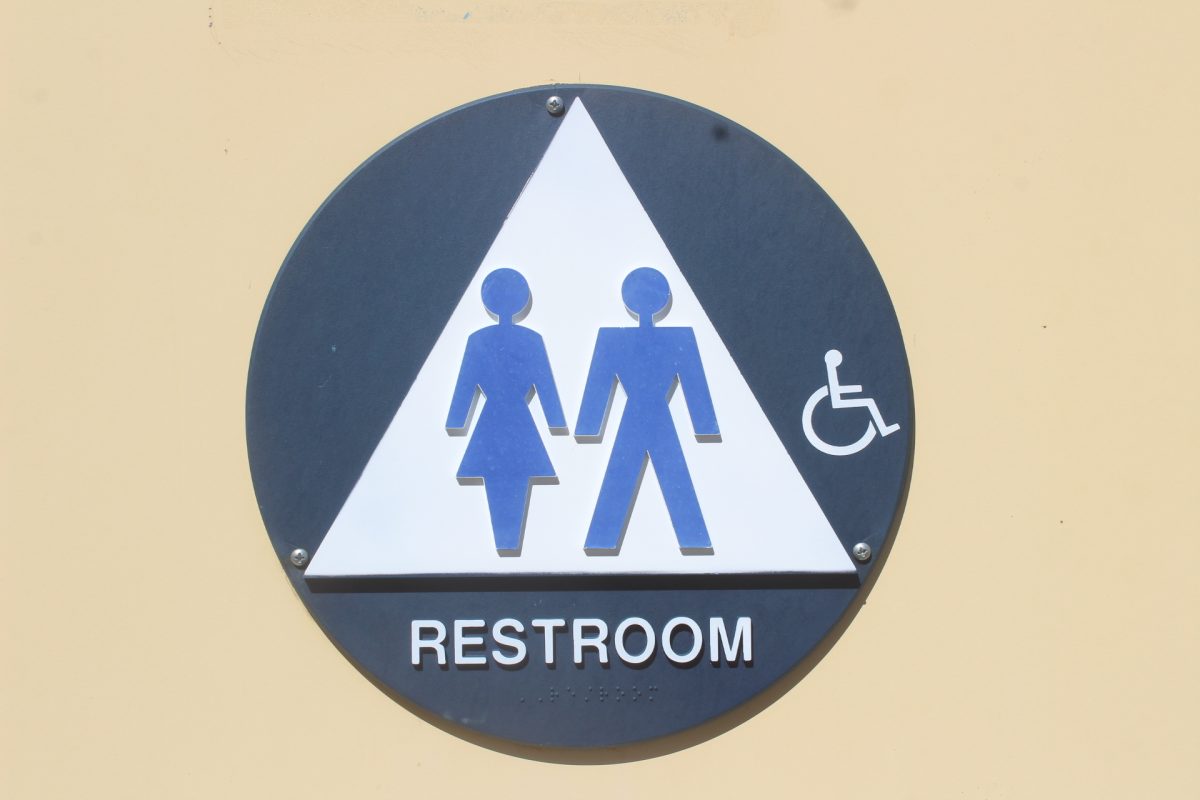California has become the first state to prohibit single-use carryout plastic bags from being used in large grocery stores and convenience stores statewide. Gov. Jerry Brown signed the legislation on Sept. 30.
Beginning July 1, 2015, large grocery stores and supermarkets will not be allowed to use plastic bags, except for the use of plastic bags for wrapping fruits, vegetables and meats, in accordance with California Senate Bill No. 270.
Stores will be required to sell recycled paper bags and compostable bags at a cost of no less than $0.10. This mandatory fee is intended to minimize non-reusable bag usage.
According to SB 270, beginning July 1, 2016, the same prohibitions and requirements will be implemented in convenience stores.

By January 1, 2016, plastic film reusable grocery bags will be required to be made of at least 20 percent post-consumer recycled material, and by January 1, 2020, the percentage of post-consumer recycled material required in plastic film reusable grocery bags will be augme nted to at least 40 percent.
Reusable grocery bags sold at stores will be required by law to meet certain requirements regarding durability, material, labeling, and recycled material content.
Customers bearing a payment card authorized by the California Special Supplemental Food Program for Women, Infants, and Children will be provided with free bags. Those eligible for the WIC program must meet or be below certain categorical, residential, income, and nutritional risk requirements.
According to the bill, persons who knowingly violate the bill will be fined with $1,000 per day for their first violation, $2,000 per day for their second violation, and $5,000 per day for their third violation.
In 2007, San Francisco became the first U.S. city to ban plastic bags, and more than 100 other California cities quickly followed Suit. Currently, Seattle, Chicago, Austin, Texas, and Portland, Ore. have similar restrictions.
Environmental activists view the bill’s passing as a major triumph since plastic bags cause pollution, harm animal habitats, and take years to decompose.
According to California Against Waste (CAW), a non-profit Sacramento-based organization that was the primary sponsor for the bill, plastic grocery bags distributed in California annually generate nearly 350,000 tons of carbon dioxide equivalent. According to the United States Environmental Protection Agency, Carbon Dioxide equivalent is a “metric measure used to compare the emissions from various greenhouse gases based upon their global warming potential.”
In 2012, 107.7 billion plastic bags were generated in the U.S., and California spends $34 million annually to clean up plastic bag litter, according to CAW.
“We’re trying to keep plastic bags from entering the water streams,” legislative coordinator of Californians Against Waste Nick Lapis said. “The product has had such a bad history with ending up in oceans and rivers; just by design it flies out of garbage cans! We’ve tried getting them recycled but they have a really low recycling rate, so we just decided to take it off the shelf.”
According to Lapis, CAW has been fighting for statewide adoption of the bill for eight years.
Many plastic bag manufacturers claim that the bill will hurt the economy and result in job loss. The bill acknowledges the manufacturers’ concerns and guarantees two million dollars in loans to be put toward the creation and retention of the jobs and economic activity which surround the manufacturing of plastic grocery bags.
A representative of Unistar Plastics, a major plastic bag manufacturing company, disagreed with the ban. The representative stated that she believed that the usefulness of plastic bags outweighs their possible environmental consequences.


